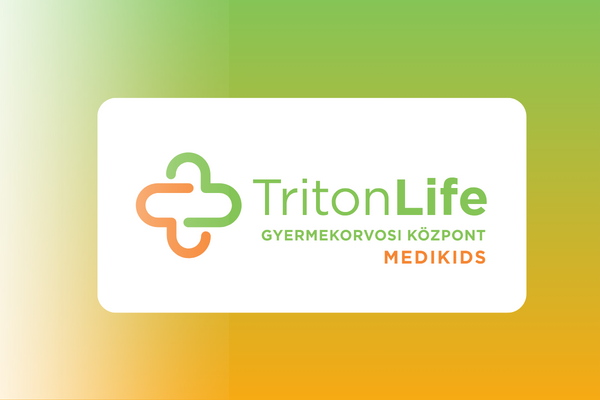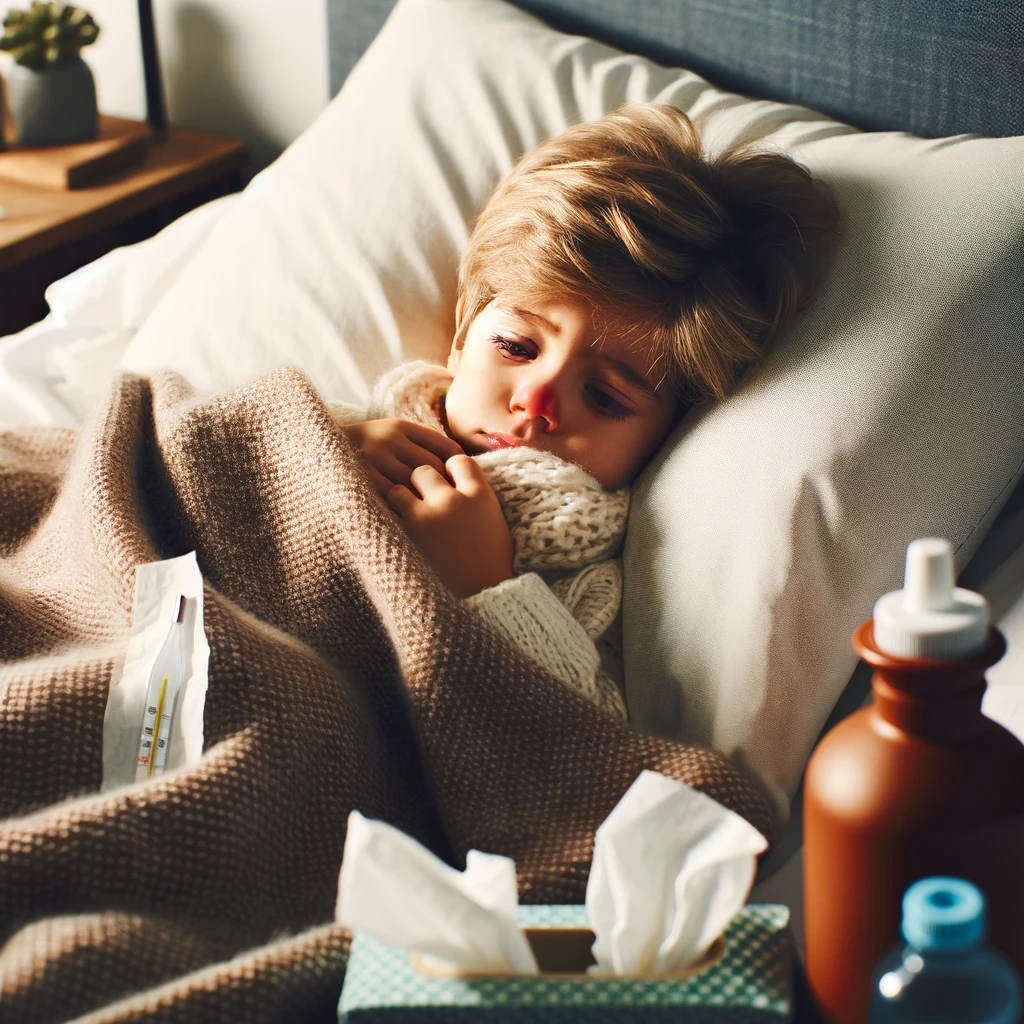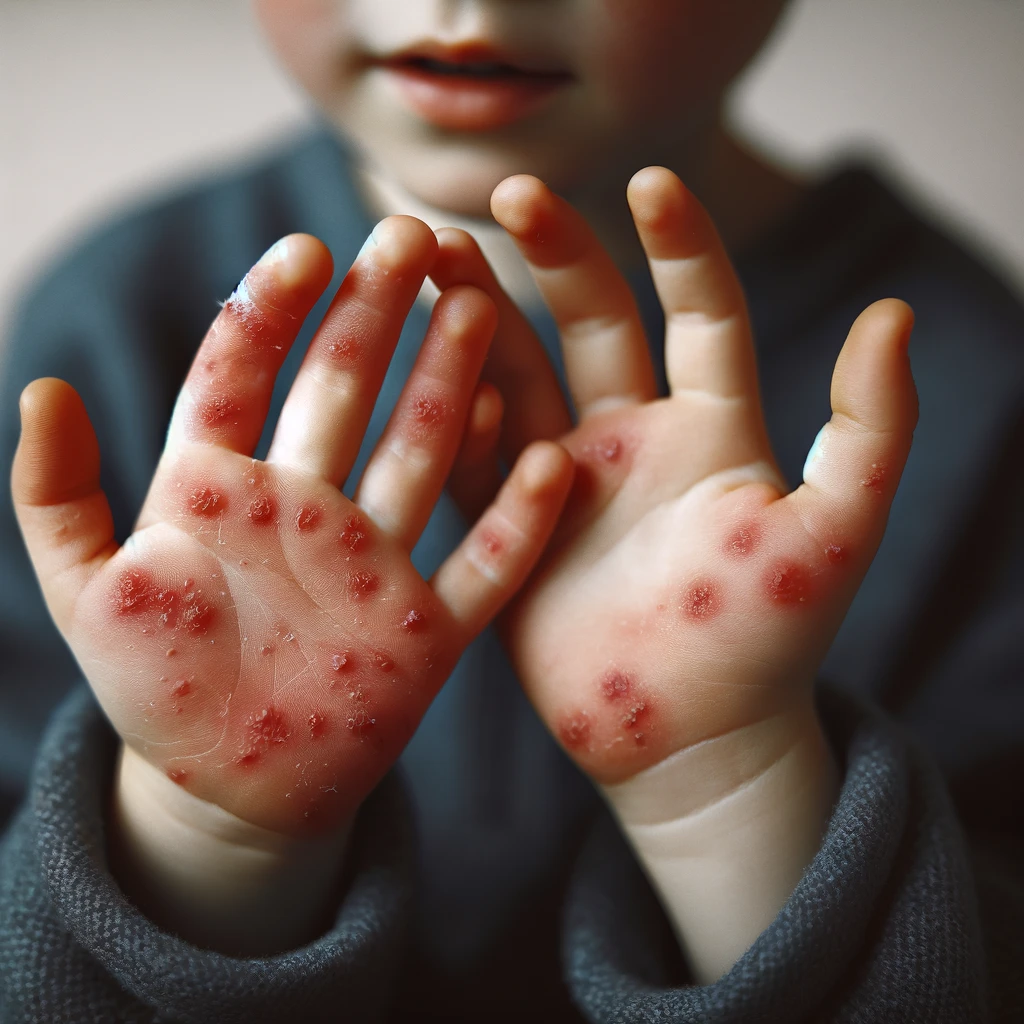There are literally hundreds of types of viruses responsible for upper respiratory tract infections (URIs). Unfortunately, we will never be fully immune to the common cold. The first year children are enrolled in preschool, they are likely to be mildly ill every other week, between September and April. URI symptoms include cough, stuffy or runny nose, fever, headache, achy muscles, sneezing, and scratchy throat.
Transmission occurs via soiled hands, touching infected surfaces like toys or door handles, or through viral particles in the air after sneezing or coughing. Cold weather, drafts and being underdressed do not cause upper respiratory tract infections, (or pneumonia, for that matter).
A Parents’ Guide on How to Make a Child with a Cold More Comfortable
DO NOT
- Use antibiotics because they don’t work against viruses.
- Use aspirin containing medication in children under 16 years of age, due to the risk of a serious side effect called Reye syndrome.
- Use honey in children under 12 months of age because it could cause botulism.
DO
- Offer plenty of fluids, because good hydration is the mainstay of care. The fastest way to becoming hospitalized is refusing to drink.
- Remove mucus from the nose. For children who cannot blow, try a bulb syringe, or the nifty “snot-sucking device” available in Hungary called orrszívó porszívó. They are sold in pharmacies and electronics stores. Some can be connected to the vacuum cleaner, others are battery operated or plugged into a socket.
- Loosen sticky nasal secretions with saline nose drops ike Ocean, Ayre, Sterimar or Fluimare, or make your own by adding ¼ tsp of salt to 8 oz/240 ml of sterile water.
- Older children may find relief in daily saline washes, like sinurinse. Prepare the irrigation fluid with sterile or bottled water.
- Control pain and fever with acetaminophen/paracetamol ( Tylenol, Panadol), or ibuprofen products ( Nurofen, Motrin, Advil).
- Cool mist vaporizers are also a good idea. Hot water or steam may cause burns.
- Sleeping with the head of the bed elevated may help with post-nasal drip.
Natural Remedies
Menthol, camphor and eucalyptus oils inhaled or as a vapor rub have not been proven to work, but carry minimal risk. They should not be used on infants. Mild skin irritation is a frequent side effect.
Oral zinc decreases the duration of URI symptoms in adults, but results are inconclusive in children. Unpleasant taste and nausea also limits its usefulness. Zinc NASAL products should be avoided, as they are associated with permanent loss of sense of smell.
Vitamin C may reduce the duration of colds when taken preventatively, but does not alter the course when taken as treatment. Avoid doses over 200 mg a day.
Ecchinacea is no better than placebo. Avoid in those who are ragweed allergic, as it may cause a cross reaction.
Vitamin D does not reduce the duration, incidence or severity of colds. Please do take your regular maintenance dose.
Over the counter medication for colds
Many medicines for cold symptom relief available in the pharmacy without a prescription have never been proven safe or effective in children. If you choose to use them, please select single ingredient remedies instead of combinations. This lessons the risk of overdose and allows for a more targeted approach.
Nasal decongestants reduce congestion topically. They should not be used for more than 5 to 7 days, as rebound increase in stuffiness can occur. Examples: oxymetazoline, xymetazoline, phenylephrine, nasivin. Steroid sprays help children with allergic rhinitis, not those with colds.
Oral decongestants are blood vessel constrictors. Side effects: increased blood pressure, headaches, nausea, nervousness, irritability. Examples: Rhinathiol cold, coldrex, rhinopront, pseudoephedrine, phenlypropanolamine, calciphedrine.
Antihistamines have precious little impact on cough and runny nose caused by viruses. They are to be used in allergic disease. Possible side effects: sedation, paradoxical excitability, blurred vision, dry mouth, hallucinations and respiratory depression. Examples of first generation antihistamines: fenistil, bronpheniramine, diphenhydramine-benadryl, chlorpheniramine, hydroxyzine.
Mucolytics thin secretions and also can cause upset stomach, spasm of the lung and fever. Examples: ACC, carbocisteine, ambroxol.
Cough is a protective reflex and should only be suppressed if it prevents sleep. Those who suffer from asthma, recurrent croup, recurrent obstructive bronchitis and reactive airway disease should only take cough suppressants after consulting a doctor. They usually need bronchodilators or anti-inflammatories rather than suppressive medication.
For children over 12 months of age, honey is a safe, mild cough suppressant. A teaspoon 3x a day, especially before bed, can alleviate cough. Tussirex junior is a honey based over the counter medicine.
Hard candy and lozenges may be helpful in those over 5 years of age, but are a choking hazard in toddlers.
Infrequently, the physician may choose to prescribe a narcotic (erigon) or non-narcotic (sinecod) cough suppressant. These can cause serious side effects like sedation, respiratory depression, and even death, if overdosed.
Tips for a sore throat
Use panadol/Tylenol and/or ibuprofen for pain.
Keep your oral cavity moist by drinking lots of liquids and sucking on hard candies. There is no evidence that medicated lozenges or sprays work better than simple hard candy.
Avoid cigarette smoke, including second-hand smoke.
Offer a soft diet (cream soups, oatmeal, yoghurt) and don’t give foods or beverages that contain lemons, grapefruit, and oranges if they sting being swallowed.
If you choose options that contain pharmaceuticals, know what you are giving your child:
Anesthetics/nonsteroidal anti-inflammatories: benzocaine, phenol, benzydamine
Antiseptics: chlorhexidine, hexyresorcinol
Cooling agents: menthol
Tantum verde, lolisept: benzadymine
Herbal hot Swiss drink, herbalsept lollipop, Dr Weiss Anginex: herbal preparations
Strepsils: phenol/benzyl alcohol
Strepfen: flurbiprofen anti-inflammatory
Please see a doctor if:
- You are concerned your child could have an ear infection, a sinus infection, pneumonia or an asthma attack
- If your child has a fever over 39C ( 102 F) for more than 48 hours
- If your baby is younger than 2 months and has a fever over 38 C ( 100,4 F)
- If your child has labored or fast breathing
- If your child has an earache
- If your child is unable to drink enough to urinate normally ( at least 4x/day)
- If your child is irritable or lethargic
- If the cough is not significantly better after 2 weeks
- If the cold symptoms last longer than ten days
- If you are worried for any other reason
We would very much appreciate it if you performed a rapid covid test ( and flu and RSV in the winter months) before you came for your visit. This saves you time and money, and helps us make a more specific diagnosis.
Return to activities?
Please stay home until there is no fever for at least 24 hours, the child is sleeping well, and has a normal energy level








 GoodID belépés
GoodID belépés